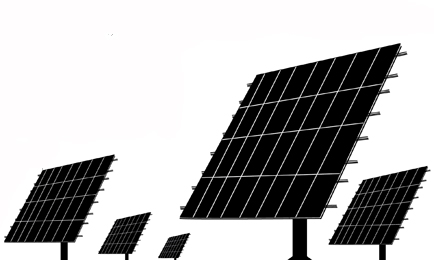Research will also examine issues of efficiency and any impact on the stability of devices

Researchers at Imperial College have found that light and oxygen degrades perovskite, a light-absorbing material which shows promise for use in solar cells.
Until now, researchers believed that water played a dominant role in breaking down the material, but Dr Saif Haque and colleagues from the Department of Chemistry at Imperial discovered that it degrades even in dry air.
Tests found that when excited by light, the perovskite layer releases electrons. These then react with free oxygen in the air, forming highly reactive ‘superoxides’, which, in turn, attack the perovskite layer and break it down. A by-product of this reaction is water, which further speeds up the process.
Haque said: “Knowing the mechanism will help us overcome a major stumbling block for this exciting new technology.”
The researchers’ proposed solution is adding a layer of material, such as titanium oxide, that quickly extracts the electrons released by the perovskite layer before they can react with the oxygen. The team said that they are working to determine exactly how this intervention affects the long-term stability of the cells.
The ongoing research will also look into potential issues of efficiency and any impact on the stability of devices that utilise perovskite solar cells.